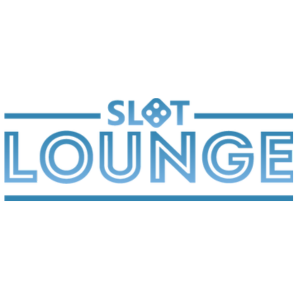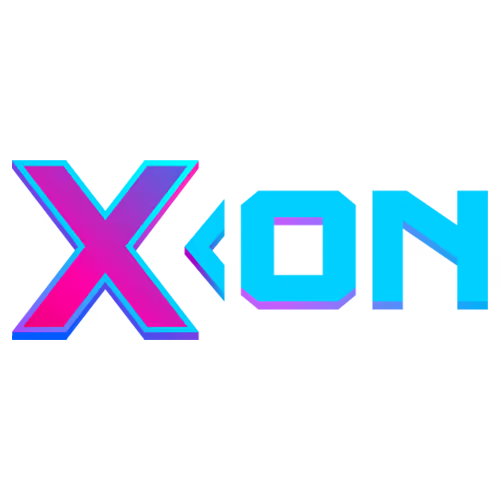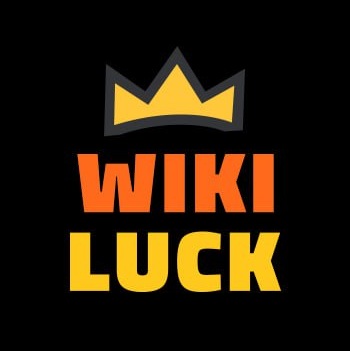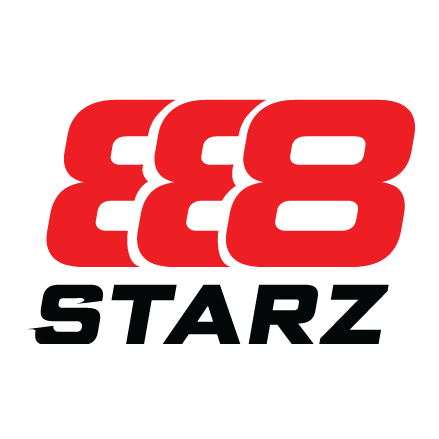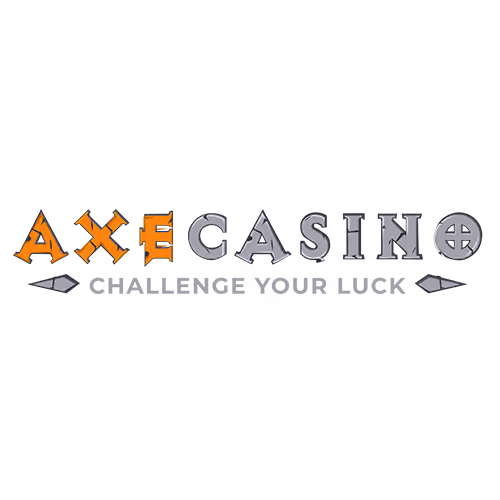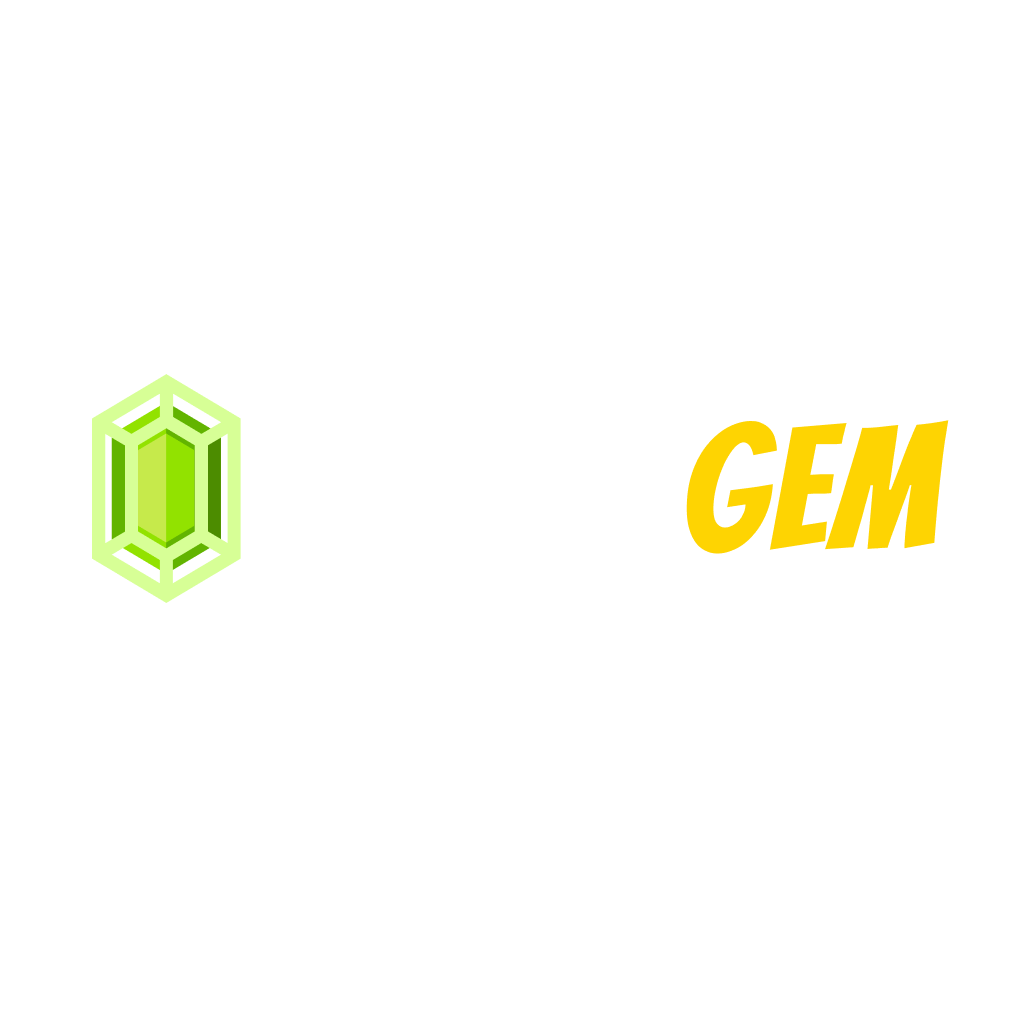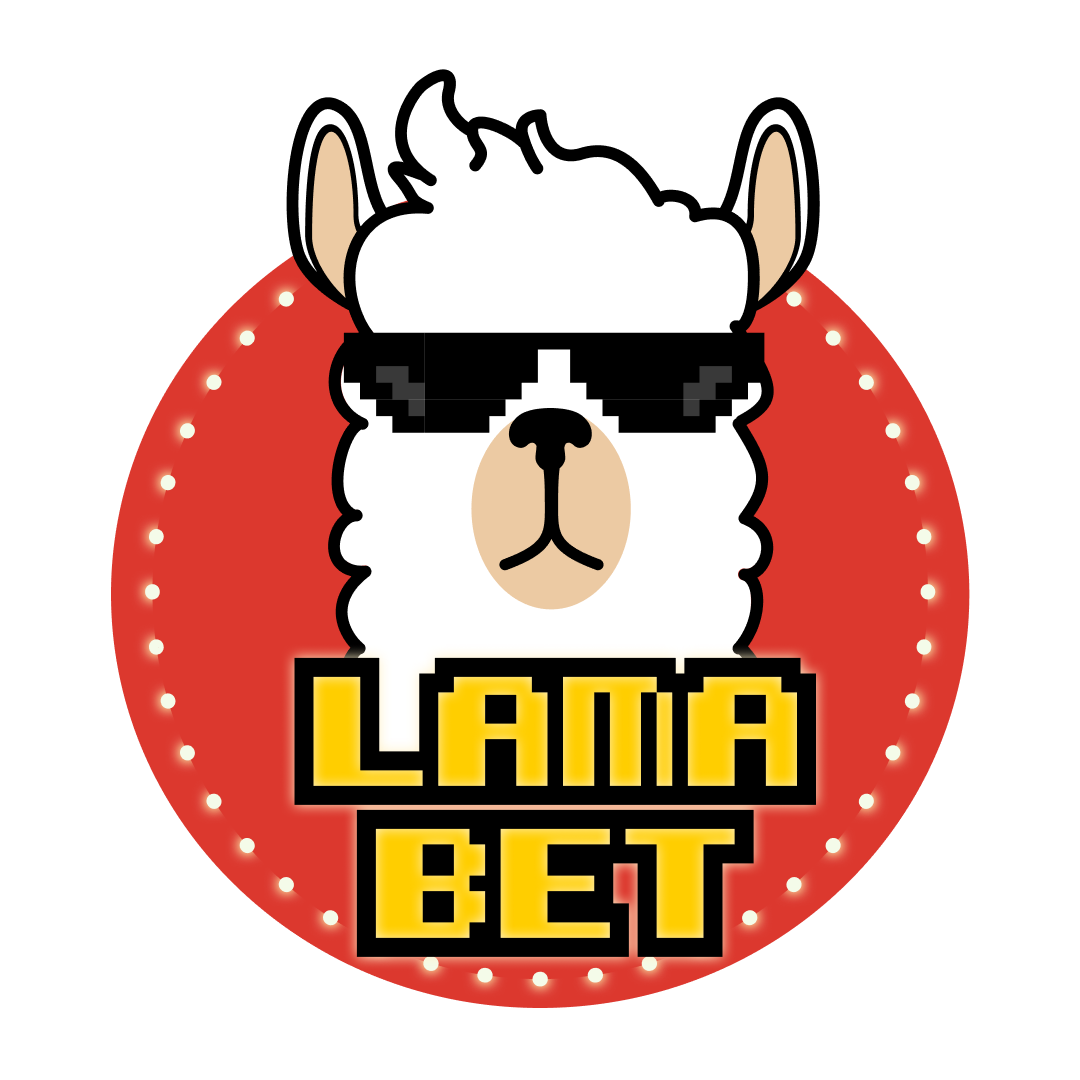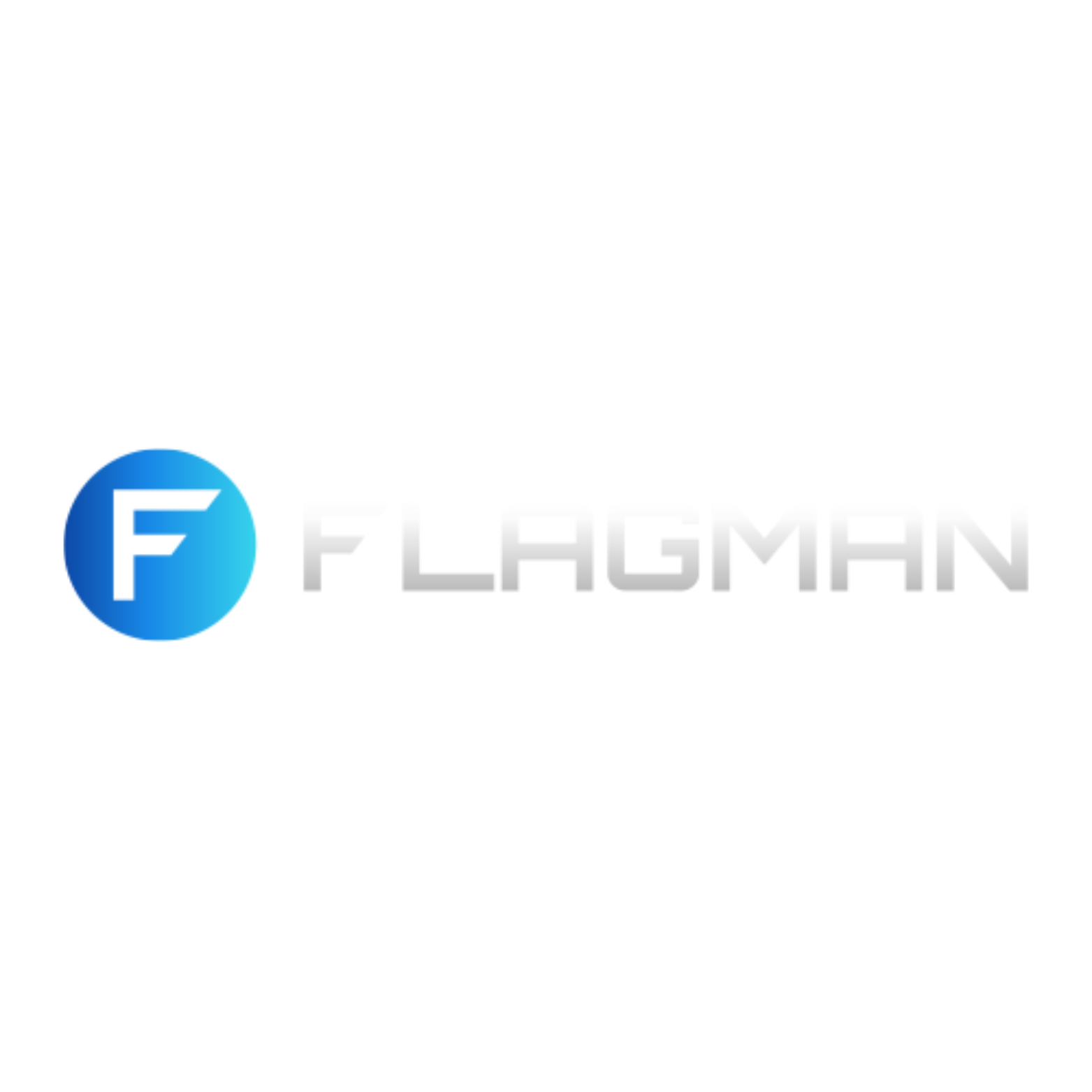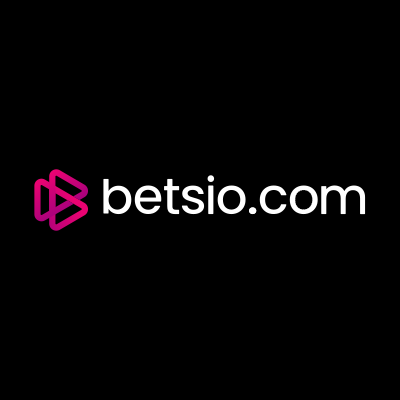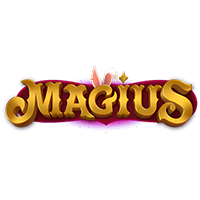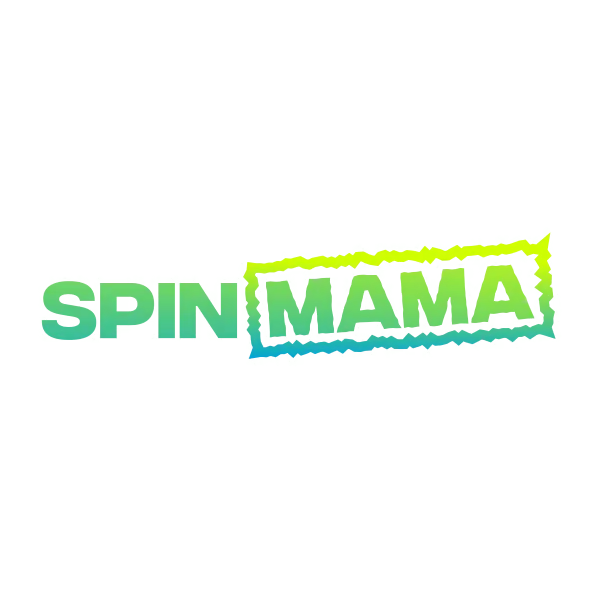Electronic checks might sound like something your parents used in the ’90s, but honestly? They’re still kicking around in Canadian online casinos, mostly because they work directly with your bank account without needing credit cards or e-wallet middlemen. That’s the appeal of ECheck Casino sites – straight bank-to-casino transfers with bank-level security, though you’ll wait 3-5 business days for processing, which feels like eternity compared to Interac’s instant transfers. Below, I’ll break down which casinos actually support eChecks (it’s fewer than you’d think), how the process works, and whether waiting days for deposits is worth avoiding credit card fees.
Ranking the Best ECheck Casinos
When I test ECheck Casinos, I’m verifying they actually process these payments without ghosting you mid-transaction or suddenly claiming your bank isn’t supported after you’ve already initiated transfer. Some sites list eCheck in payment options but make it near-impossible to actually use – buried menus, verification loops, or random rejections without explanation.
These picks have confirmed eCheck processing, tested deposit and withdrawal cycles (yes, both – surprisingly some accept eCheck deposits but won’t pay out via eCheck), and verified the 3-5 day timeline matches reality. If advertised processing times are fantasy or the method doesn’t actually work for Canadian banks, it’s not here.
How I Pick Casinos That Handle eChecks Properly
Testing eCheck casinos means using this payment method with real money and documenting every step – from bank account verification to fund arrival times. Most reviewers skip eChecks entirely because they’re old-school and tedious to test. I don’t.
Process:
- Philosophy: Payment methods should work as advertised. If eCheck processing takes 8 days when they claim 3-5, that’s documented.
- Testing duration: 30-45 days minimum. Multiple eCheck deposits and withdrawals to verify consistency across different amounts.
- Registration/KYC: eCheck requires bank account verification – routing numbers, account numbers, sometimes voided check images. Test if this process is straightforward or deliberately confusing.
- Payments: Core focus. Do eChecks actually process in advertised timeframes? Are NSF fees disclosed upfront? Can you withdraw via eCheck or only deposit?
- Bonuses: Check if eCheck deposits qualify for bonuses or if they’re excluded (less common than e-wallet exclusions but still happens).
- Games: Same library access regardless of payment method. No special treatment based on how you fund.
- UX: Is eCheck easy to find in cashier or buried under “Other Payment Methods” three menus deep?
- Security: Verify bank-level encryption standards. eChecks involve direct bank access – security matters hugely.
- Support: Test if they can explain eCheck processing times, fees, and verification requirements clearly. Vague answers = red flag.
- Who reviews: Me, my team. Real bank accounts, real eCheck transactions, real waiting for 3-5 day processing to confirm timelines.
Pros and Cons of Using eChecks at Casinos
eChecks aren’t universally good or bad – they’re specific tools with clear tradeoffs. Here’s the honest breakdown:
| Pros | Cons |
|---|---|
| No credit card needed – works directly with bank account | Processing takes 3-5 business days minimum – slow compared to Interac |
| Bank-level security and encryption | NSF fees if account lacks funds when eCheck processes |
| Higher deposit limits than cards (up to $5K common) | Not widely accepted – fewer casinos support eCheck vs Interac |
| Lower fees than credit cards (usually $0.30-$1.50 per transaction) | First-time verification required – routing numbers, account numbers, sometimes voided check |
| Promotes responsible gambling through processing delay | Bank compatibility issues – not all Canadian banks support eCheck for gambling |
| Can withdraw via eCheck at some casinos | Withdrawal processing even slower – sometimes 7-10 days total |
| No e-wallet pre-funding required | Harder to reverse fraudulent transactions vs credit cards |
| Works for players who can’t get credit cards or e-wallets | Limited to provinces where online gambling is legal |
Bottom line? eChecks work great if you’re patient, have a compatible Canadian bank account (CIBC, BMO, Scotiabank, RBC, TD usually work), and prefer avoiding credit cards. They’re terrible if you want instant access to funds or need to make quick deposits for time-sensitive promotions.
Kicker: that 3-5 day delay can actually help with responsible gambling – impulse deposits are way harder when you have to wait almost a week for funds to clear. Not intentional but surprisingly effective.
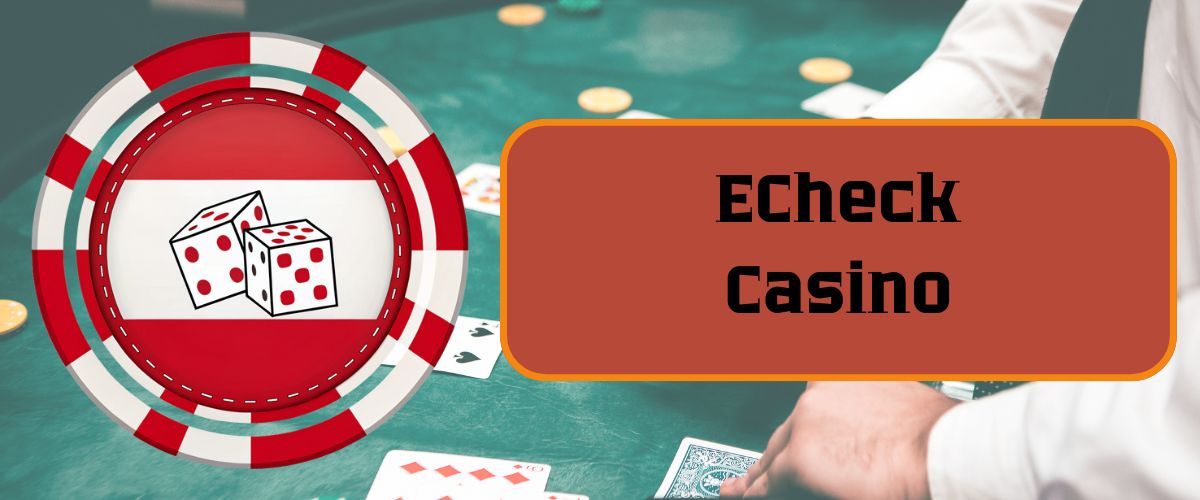
Deposits and Withdrawals: The Waiting Game
Depositing via eCheck feels like mailing a physical check but digitally. Head to casino cashier, select eCheck as payment method, enter your bank routing number (9 digits for Canadian banks) and account number, specify deposit amount, confirm. Casino sends electronic check request to your bank via ACH (Automated Clearing House) network, bank verifies funds exist, processes transfer. Entire thing takes 3-5 business days – not instant, not even same-day.
First-time deposits require verification – some casinos ask for voided check image or bank statement screenshot to confirm account ownership. Annoying but standard anti-fraud measure. Once verified, subsequent deposits use saved info (though you’ll probably still wait 3-5 days every time because that’s how ACH works).
Withdrawals via eCheck are even slower, honestly. Request withdrawal, casino processes it (24-72 hours for verification and approval), then initiates eCheck to your bank (another 3-5 business days for ACH processing). Total time from withdrawal request to funds in account? 5-10 days easily. Compare that to Interac withdrawals hitting in 24-48 hours and you see why eCheck isn’t popular despite being secure.
Also – NSF fees are brutal if your account lacks funds when eCheck processes. Bank charges you (usually $25-45 in Canada), casino might charge you, and transaction fails anyway. Always verify sufficient balance exists before initiating eCheck deposits. I learned this the expensive way when a bill auto-paid the day before an eCheck processed, dropping my balance below deposit amount. Got hit with $35 NSF fee from my bank plus $15 from the casino. Fifty bucks to not deposit money. Fun times.
Withdrawal minimums with eCheck are usually higher too – $50-100 common vs $20-30 for Interac or cards. Makes sense given processing costs, but it means small wins stay trapped in your casino account longer.
Limits, Rules, and Conditions You Need to Know
Every eCheck casino has specific terms. Verify these before using to avoid surprises:
- Processing Time: 3-5 business days standard for deposits, 5-10 days for withdrawals including casino approval time. Weekends don’t count – submit Friday, doesn’t start processing till Monday.
- Minimum Deposit: Usually $10-50 depending on casino. Lower than wire transfers but higher than Interac ($10-20 typical).
- Maximum Deposit: Often $500-5,000 per transaction. Way higher than credit card limits ($500-1,000 common) but lower than wire transfers (unlimited often).
- Transaction Fees: $0.30-$1.50 per transaction typical. Some casinos absorb fees, others pass them to players. Banks might charge separately ($1-3 common).
- NSF Penalties: If account lacks funds when eCheck processes, expect $25-45 bank fee plus potential casino fee ($10-25). Transaction fails and you’re out $35-70 with nothing deposited.
- Daily/Weekly Limits: Some casinos cap total eCheck volume – $1,000 daily or $5,000 weekly common. Prevents large-scale money movement fraud.
- Bonus Eligibility: Most bonuses work with eCheck deposits, but verify – occasional exclusions exist.
- Withdrawal Minimums: $50-100 typical, higher than Interac ($20-30). Small wins need to accumulate before cashing out.
- Bank Compatibility: Not all Canadian banks support ACH eChecks for gambling. CIBC, BMO, Scotiabank, RBC, TD usually work. Credit unions vary wildly.
- Provincial Restrictions: Ontario, Quebec, BC allow eCheck gambling. Other provinces have grey-area regulations – verify local laws.
- Reversal Window: Unlike Interac (instant, can’t reverse), eChecks can be stopped if caught within 24-48 hours before processing completes. Double-edged sword – protects against fraud but enables deposit regret.
- Verification Requirements: First deposit requires routing/account number verification, sometimes voided check or bank statement. Subsequent deposits usually don’t, but casinos can request re-verification periodically.
Security and Why eChecks Are Actually Pretty Safe
Here’s something casinos don’t advertise loudly: eChecks might be slow, but they’re secure as hell. Transactions use bank-level encryption (same as online banking), process through ACH network (monitored by banking regulators), and don’t expose your full account details to casinos – they only see what’s needed to initiate transfers.
Compare that to credit cards where you’re handing out card numbers, CVV codes, expiry dates – all the info needed for fraudulent charges if databases get breached. eChecks give casinos your routing and account number, which alone can’t be used to withdraw funds (requires your authorization each time). Safer in theory, though database breaches are still possible (just less useful to hackers).
That 3-5 day processing delay? Actually a security feature, not just annoying bureaucracy. Gives banks time to verify transactions, flag suspicious activity, and stop fraud before money moves. Instant transfers like Interac are convenient but harder to reverse if something’s wrong. eChecks sacrifice speed for security – fair tradeoff if fraud protection matters more than instant gratification.
Also, eChecks help with responsible gambling unintentionally. Can’t impulse-deposit when you’re tilting if funds take 4 days to arrive. By the time eCheck clears, you’ve probably calmed down and reconsidered whether chasing losses was smart. Not the intended purpose but surprisingly effective harm reduction.
About the Payment System
eCheck (electronic check) is basically a digital version of paper checks, processing through ACH (Automated Clearing House) network – the same system handling direct deposits and bill payments across North America. Here’s the breakdown:
| Detail | Information |
|---|---|
| Founded | ACH network established 1974; eChecks emerged in late 1990s with internet banking |
| Parent Company | ACH network managed by Nacha (National Automated Clearing House Association) in US; Payments Canada oversees Canadian transfers |
| Headquarters | ACH network is US-based but operates cross-border with Canadian financial institutions |
| Processing Network | ACH (Automated Clearing House) |
| Transaction Type | Bank-to-bank electronic funds transfer using routing and account numbers |
| Primary Markets | North America (US, Canada), limited elsewhere |
| Security Standard | Bank-level encryption, ACH network regulations, fraud monitoring |
| Typical Fees | $0.30-$1.50 per transaction (sometimes free, depends on casino/bank) |
| Processing Time | 3-5 business days deposits, 5-10 days withdrawals |
| Daily Limits | Varies by casino; $500-$5,000 common |
| Customer Support | Through individual banks and casinos (no centralized eCheck support line) |
Kicker: eCheck isn’t a company or brand – it’s just a payment method using existing banking infrastructure. That’s why support quality varies wildly depending on your bank and casino.
Useful Links for Canadian Players
If you’re considering eCheck for casino payments, these resources help verify regulations, understand ACH processing, and find responsible gaming support:
Payment and Banking:
- Payments Canada – Canada’s payment systems oversight organization
- CIBC Online Banking – Major Canadian bank supporting eCheck
- RBC Royal Bank – Another eCheck-compatible Canadian bank
- BMO Bank of Montreal – Canadian bank with ACH capabilities
- Scotiabank – eCheck-friendly Canadian banking
- TD Canada Trust – Supports electronic check processing
Gambling Regulation:
- Alcohol and Gaming Commission of Ontario (AGCO) – Ontario’s regulatory body
- iGaming Ontario – Regulated market information for Ontario
- Loto-Québec – Quebec’s gambling regulator
Responsible Gaming:
- Responsible Gambling Council – Canadian problem gambling support
- Gambling Therapy – Free online support
- ConnexOntario – Ontario helpline: 1-866-531-2600
Always verify casino licensing and eCheck processing terms directly before depositing.
When eCheck Makes Sense vs When EzeeWallet Casino or Revolut Casino Options Beat It
Look, eCheck has its place – mostly for players who don’t have credit cards, don’t trust e-wallets, or specifically want that 3-5 day buffer between impulse and actual money movement. But honestly? For most Canadian players, EzeeWallet Casino options or Revolut Casino sites offer way better user experience. EzeeWallet processes instantly, supports crypto conversion, and doesn’t require sharing bank account numbers. Revolut gives you virtual cards that protect your real account details, instant transfers, and multi-currency support without ACH delays.
The only time eCheck actually wins? When you’re depositing big amounts ($2K-5K) and want bank-level security without credit card cash advance fees or e-wallet percentage cuts. That 3-5 day wait sucks, but knowing your $3,000 deposit moved with bank encryption and regulatory oversight? Worth it for risk-averse high rollers. Everyone else should probably just use Interac and save the waiting.


